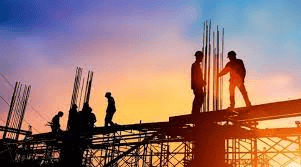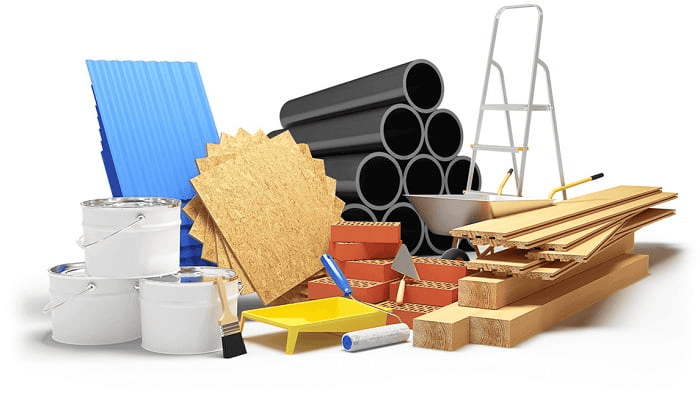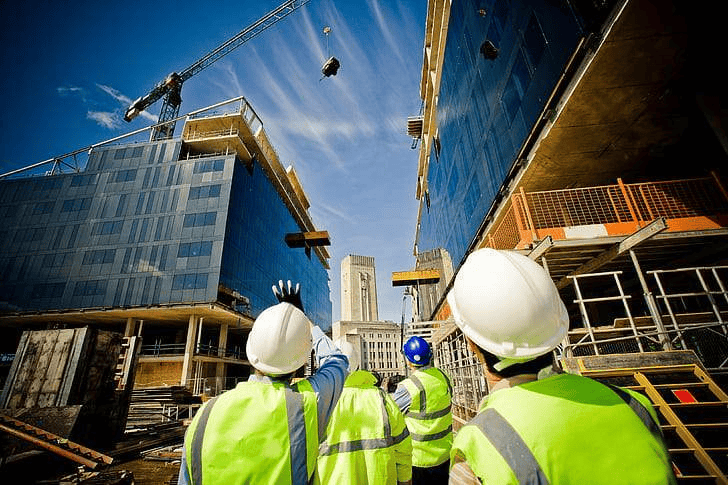Exploring the Realm of Building Materials Trading in Dubai

Building materials trading in Dubai is the lifeblood of the construction industry. It includes the sourcing, distribution, and supply of a wide range of crucial construction materials, serving as the cornerstone for the architectural wonders of UAE and all thanks to building material suppliers in Dubai. Besides, the significance of building materials trading cannot be overstated as it is the means by which the ambitious projects of the city, from imposing skyscrapers to enormous residential complexes, become a reality in Dubai.
Furthermore, construction materials trading is also a dynamic industry that constantly adapts to meet the shifting needs of the construction industry of UAE. Due to the flexibility and dedication of building material suppliers in Dubai towards quality and sustainability, the region will continue to lead the way in architectural innovation. In essence, building materials trading is more than just an industry in Dubai, rather it is also a physical representation of the unwavering commitment to excellence by building material trading companies in Dubai.
Diverse Construction Materials Offered by Building Materials Trading Companies in Dubai

Building materials trading companies in Dubai provide a wide variety of construction materials to meet the needs of expanding construction projects in Dubai. These best building materials supplier Dubai, are essential to ensuring a smooth supply chain ranging from basic structural elements to finishing touches.
These construction materials suppliers primarily provide necessary materials like cement, concrete, and steel, which are the foundation of any construction project. Additionally, building material trading companies in Dubai offer plumbing and electrical fixtures to ensure that buildings have the conveniences required for contemporary living. Moreover, in keeping with Dubai's dedication to opulent and visually stunning designs, the construction material trading company also provides a wide range of finishing materials like tiles, paints, and decorative elements to add aesthetic appeal to structures.
Additionally, these construction material suppliers Dubai also provide insulation materials, which are essential for energy efficiency in the harsh climate of UAE. Also, the growing demand for environmentally friendly insulation and energy efficient glass is a reflection of Dubai's dedication towards sustainability. Finally, to meet the varied needs of the construction materials in UAE, building material trading companies in Dubai also offer specialized materials like acoustic solutions, fireproofing materials, and smart building technologies. The top 10 building materials companies in UAE essentially act as the one stop shop for all building supplies, ensuring that Dubai's ambitious architectural visions are realized with accuracy and excellence.
Key Responsibilities of Construction Materials Suppliers in Dubai

In order to maintain a smooth supply of construction materials for the thriving construction industry of Dubai, construction material suppliers in Dubai carry out a number of crucial tasks. A variety of construction materials must be sourced, purchased, stored, and distributed as part of these tasks and all these are smoothly performed by building material suppliers in Dubai. Besides, these construction materials suppliers collaborate closely with producers and manufacturers, negotiating costs and ensuring a consistent supply of necessities like insulation, finishing goods, electrical and plumbing fixtures, cement, steel, and concrete. Moreover, to meet the immediate needs of construction projects, construction material suppliers Dubai are in charge of maintaining sizable inventories in strategically placed warehouses. Additionally, construction materials suppliers in Dubai offer logistics and transportation services thereby, guaranteeing prompt delivery to all construction sites. Furthermore, building material trading companies in Dubai frequently provide technical assistance and knowledge to help builders and contractors choose the most appropriate materials for their projects hence, contributing to the quality and efficiency of construction endeavors in the city.
Searching for a construction material supplier near me? Click here
Looking for the top suppliers of building supplies in Dubai for your project? Let us direct you to the best vendors in the area. For professional assistance and to find the ideal solutions for your construction needs, get in touch with us right away. Your vision, our expertise, together, we build excellence.


